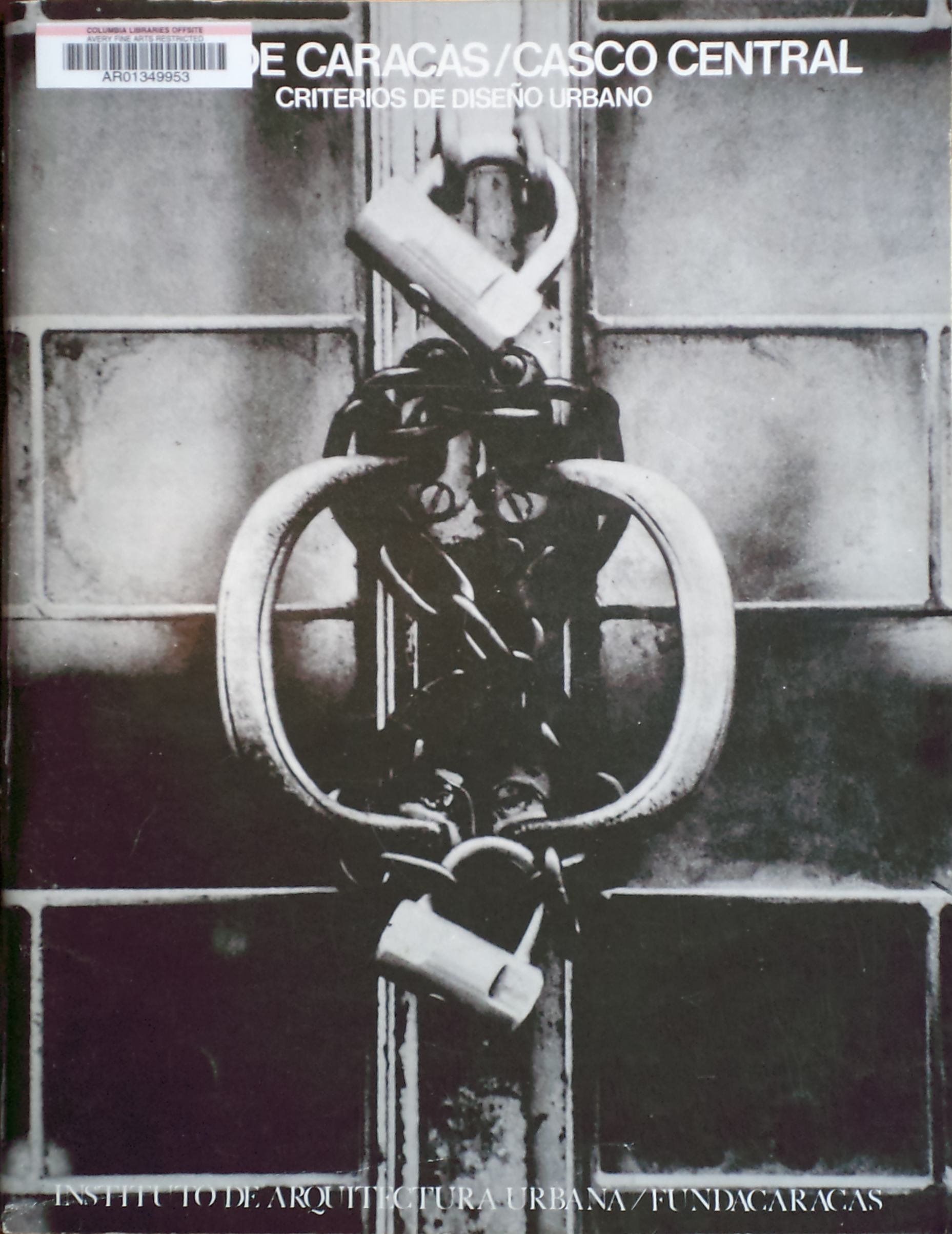A fantastic source of invention: Aldo Rossi in Latin America, 1978-1982.
Main Article Content
Abstract
Travel and the cultural changes it brings, on both individual and collective levels, often provide new interpretations of architectural history and urban planning. Frequently, when professionals from different backgrounds engage in dialogue, they exchange ideas that can lead to the synthesis of new concepts. Over time, these ideas can become permanently linked to changes in architectural and urban planning culture. The experience of travel has the power to transform both the traveler and the destination. In other cases, however, the encounter does not find the same resonance; it occurs ephemerally, or its effects are verified only unilaterally.
Five years after the first Italian edition, the book "The Architecture of the City" was published by Gustavo Gili in Barcelona. The availability of the 1971 Spanish translation allowed reading this book in Latin America. However, Aldo Rossi's ideas became widely known in Latin America starting in the late 1970s, coinciding with his initial visits to Argentina, Venezuela, Colombia, Chile, and Uruguay. This article aims to explore Rossi's trips to Latin America between 1978 and 1982, examining the mutual changes and one-sided encounters that occurred, and to assess the impact of Rossi's ideas on the architectural and urban culture of Latin America, with a focus on their significance in Argentina and Chile.
Downloads
Article Details

This work is licensed under a Creative Commons Attribution-NonCommercial-NoDerivatives 4.0 International License.

